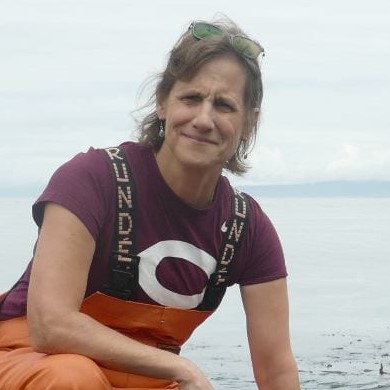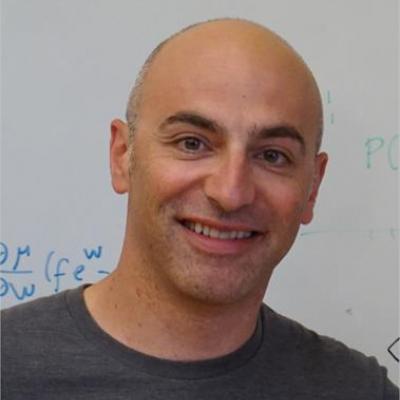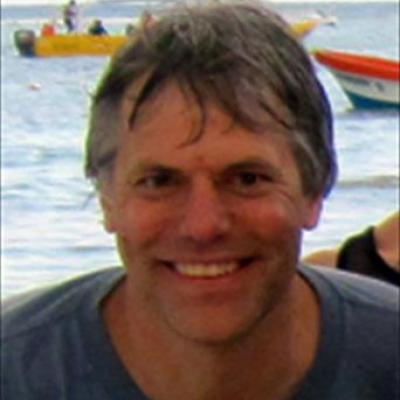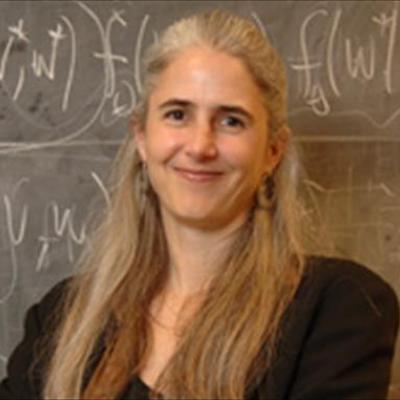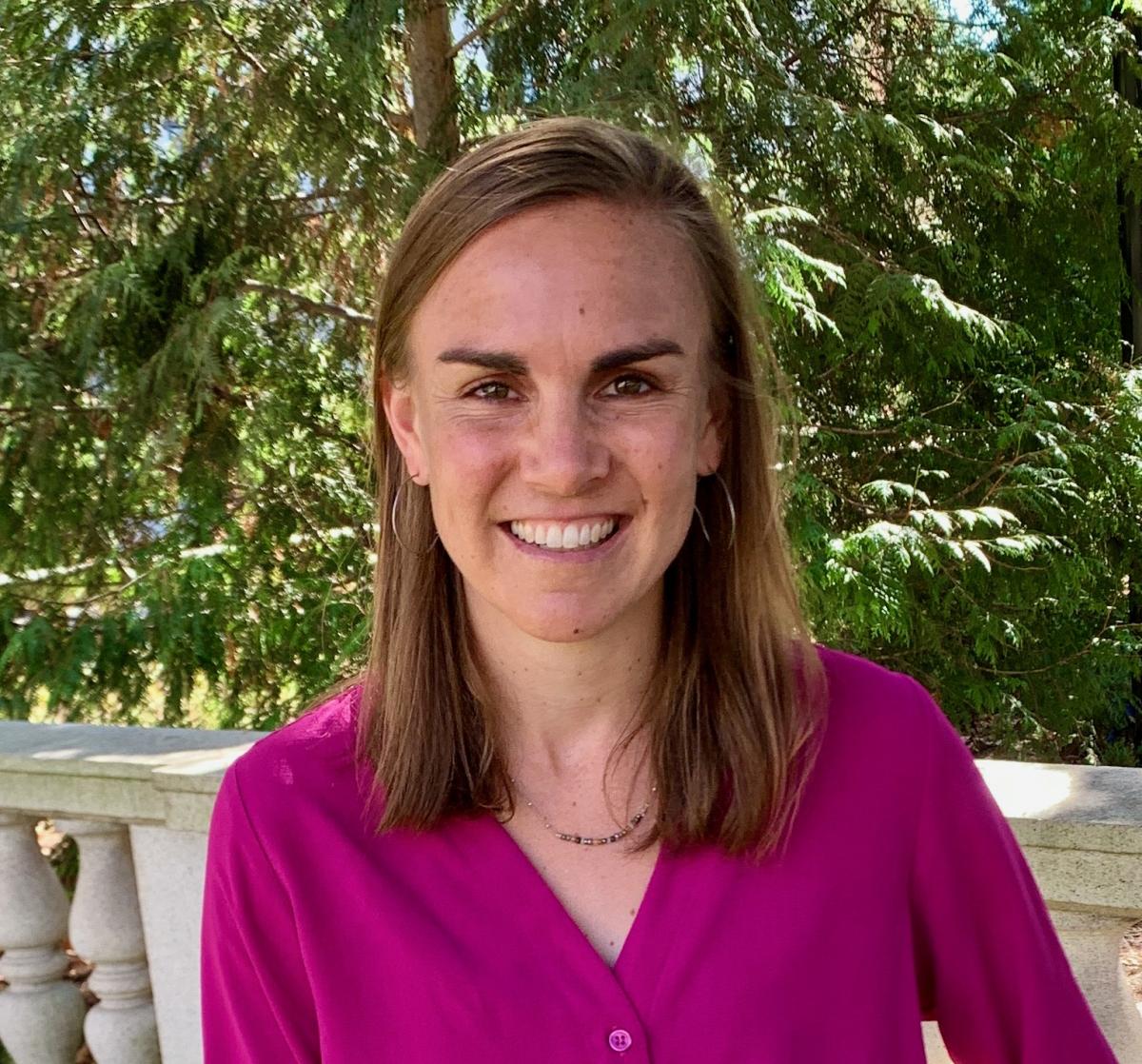Training for Change: Quantitative Ecology
The Quantitative Ecology GAANN training grant aims to train scientists with both quantitative and experimental skills, combining mathematical rigor with experimental tests of environmental change. We are seeking a diverse cohort of PhD students interested in applying quantitative ecological methodology to issues in the study of ecological systems and global change ecology.
Research areas include, but are not limited to:
- the ecology of disease
- the interactions of species in nature
- the theory of ecological change
- the population structure of species
- global change across diverse ecosystems
Our Steering Committee of Ecologists that are overseeing the training grant and their research interests:
| My research in ecology has focused on the dynamics of species in marine systems and the role they play at ecosystems scales. Two recurring themes in my research are the implications of species interactions for community and ecosystem dynamics, and the contribution of climate change to species dynamics. I welcome students interested in testing ecological and evolutionary concepts and pursuing new discoveries in marine ecosystems. |
| I am a theoretical ecologist studying mostly ecological networks. I am interested in the dynamics of large ecological communities, models for network structure, and the response of ecological communities to extinctions. My laboratory develops mathematical, computational and statistical tools for the analysis of ecological systems. |
| My research focuses on the ecological and evolutionary consequences of interactions among organisms. My research centers on how multi-species systems function, and on evaluating methods that might predict how such systems will respond to environmental change, particularly in regard to the current epidemic of species extinctions and introductions occurring throughout the world, and to global changes such as ocean acidification. |
| We study the complexity underlying the ecology and evolution of infectious diseases, by utilizing a variety of extensive data sets, from long time series of disease incidence that span decades, to large ecological networks, to molecular (sequence) data on pathogens. On the theoretical front, we use mathematical models together with computational and statistical approaches to bridge the gap between data and model. |
| I investigate the ecological and evolutionary dynamics of zoonotic infections, in particular those derived from wild bat hosts. I maintain a longterm field site studying fruit bat viruses on the island nation of Madagascar, where I work closely with students from the University of Antananarivo and Institut Pasteur de Madagascar. I am committed to conducting rigorous science while simultaneously promoting scientific development, education, and capacity building in Madagascar. |
Our Activities
- EcoShake: a weekly gathering to discuss current papers and studies in Ecology
- E&E GAANN Retreat: a day of activities to facilitate connections and camaraderie among E&E students and researchers
- BSD Boot Camp: an annual quantitative bootcamp in which all incoming BSD students, across all program clusters, participate
- Field opportunities: our faculty conduct research in field sites around the world
- Laboratory and theoretical training: learn cutting-edge methods, technologies and theoretical approaches in ecology
- Opportunities for DEI outreach and training: GRIT, program DEI committees, partnerships with DuSable Museum and local science centers
Our Support System
- myChoice
- Access to diverse field sites
- Chicago Center for Teaching
Affiliated institutions
- Marine Biological Laboratory (Woods Hole, MA)
- Argonne National Laboratory
- The Field Museum of Natural History
- Warren Woods Field Station
If your interests are more in the area of evolutionary genomics, please explore unique training opportunities available through the GME grant. Alternately, if your research interests are more focused on evolutionary biology, please review training opportunities provided via our Evolutionary Biology GAANN.
If you are interested in our program, E&E training or research opportunities, or have questions, please contact Dr. Cathy Pfister (cpfister@uchicago.edu)

